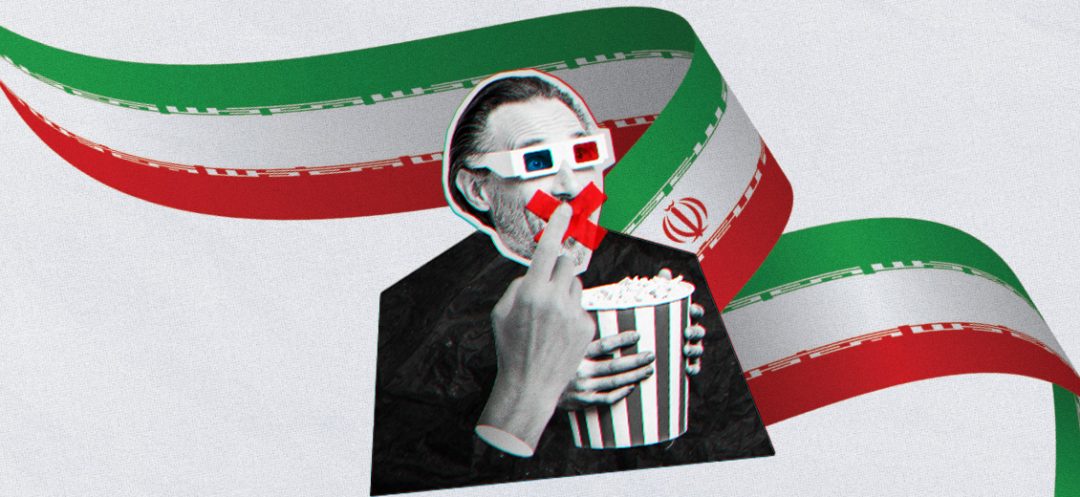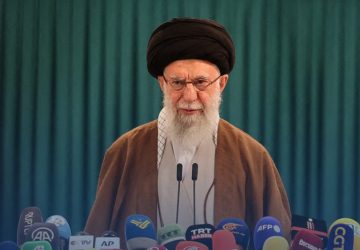The Iranian regime banned two filmmakers, Maryam Moghaddam and Behtash Sanaeeha, from leaving the country to present their new film. In response, on Tuesday, September 24, the French Society of Film Directors and the French Society of Authors, Directors and Producers of film are urging the French government to intervene on their behalf.
A new chapter of repression adds to the dark history of Iran. Under the yoke of a government that tramples the fundamental rights of its citizens, cultural freedoms are constantly suppressed. On Tuesday, two of the most influential organizations in French cinema, the Society of Film Directors and the French Society of Authors, Directors and Producers expressed their support for a couple of filmmakers who were prevented from leaving Iran by the authorities. They urged France to intervene on their behalf.
Golden Bear
Swedish-Iranian actress and director Maryam Moghaddam and her husband and co-director Behtash Sanaeeha announced earlier in September that they had been banned from leaving the country to present their film My Favorite Cake in Sweden. This feature film, which was in the running for the Golden Bear at the recent Berlin Film Festival—where the directors were also barred from attending—is expected to hit French theaters on February 5.
“The Iranian regime continues to impose absolutely unacceptable censorship on its artists, who are fighting against oppression at the risk of their freedom,” lamented both French organizations in a statement. They called on the French government to “do everything possible to allow the two filmmakers to accompany the release of their film in France.”
Morality Police
The film tells the story of a seventy-year-old widow and a retired taxi driver who spend the night together away from the eyes of the morality police. “It’s the story of a woman who wants to live her life, to have a normal life, which is forbidden for women in Iran,” the director explained during a video interview with AFP at Berlinale. According to her, this film crosses “so many red lines (on things) that have been prohibited (in the country) for 45 years.”
The directors have also received support from Swedish filmmakers and Sweden’s Minister of Culture, Parisa Liljestrand, who praised a film that addresses “our empathy, our humor, and our humanity, the kind of works that are dangerous for powers that cannot stand being questioned.”
Fierce Repression
This incident occurs within a broader context of fierce repression by Iranian authorities against any form of cultural dissent. In the land of the Mullahs, artistic expression is stifled by a state apparatus that views culture as something to control rather than a vehicle for freedom. Artists, writers and filmmakers are regularly persecuted, imprisoned or silenced. This systematic control aims to maintain a leaden shroud over hopes for change in Iranian society, muzzling any voice that might challenge the authority of the regime.
With AFP





